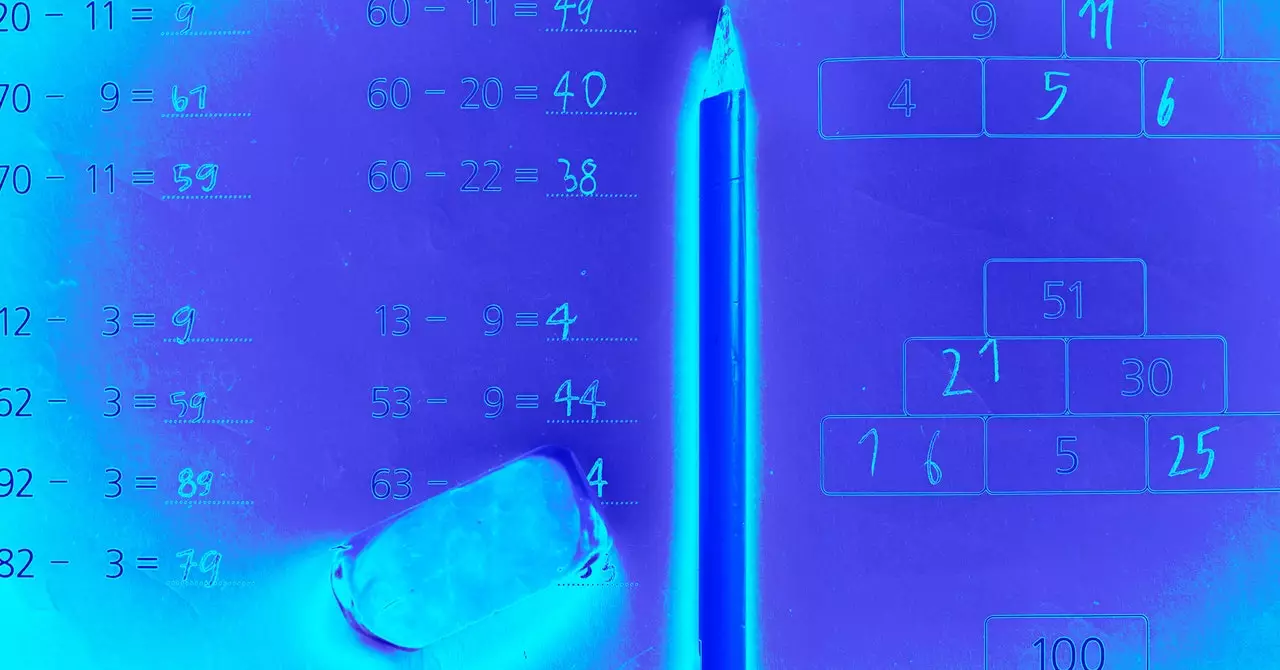In late 2022, OpenAI introduced ChatGPT, an AI chatbot that revolutionized the way students approach writing assignments. While educators were quick to detect AI-generated essays, students found ways to disguise their artificially composed work. However, amidst the chaos surrounding writing homework, another significant change was quietly taking place: the increased use of AI for completing math assignments.
The Emergence of AI Math Homework Apps
Today, students from high schools to universities are turning to free smartphone apps like the Gauth app to assist them with their math homework. Gauth, owned by ByteDance, the parent company of TikTok, initially focused on mathematics when it launched in 2019. Over time, it expanded its services to cover other subjects such as chemistry and physics, gaining popularity among students. With millions of downloads and overwhelmingly positive reviews, Gauth has become a go-to tool for students seeking help with their assignments.
Using Gauth and similar apps is simple: students capture an image of their math problem, whether it’s printed or handwritten, and let the app’s AI algorithm work its magic. The app then generates a step-by-step solution, often providing the correct answer. In tests conducted on algebra and geometry problems, Gauth’s AI tool demonstrated satisfactory performance, yielding grades ranging from a low B to a high C. While it may not be perfect, it appears to meet the needs of students looking for quick homework solutions without putting in extensive effort.
Despite the advantages offered by AI homework apps like Gauth, they have their limitations, especially when it comes to more advanced math topics like Calculus 2. Higher-level math problems pose a challenge for these apps, making them less useful for students in advanced courses. While current AI technology, rooted in natural language processing, struggles with complex math equations, ongoing research aims to enhance AI’s capabilities in this area.
Although apps like Gauth position themselves as study aids rather than cheating tools, their potential for misuse by students raises ethical concerns. Gauth, for instance, includes an “Honor Code” on its website, urging users to use the app responsibly and in line with their school’s academic standards. By emphasizing ethical usage, the company acknowledges the risk of students abusing the app for purposes beyond legitimate homework assistance.
The rise of AI homework-solving apps represents a significant shift in how students approach their academic assignments. While these apps offer convenience and quick solutions for math homework, they also raise questions about academic integrity and responsible technology usage in educational settings. As AI continues to evolve, so too will the debate surrounding its role in shaping the future of education.


Leave a Reply